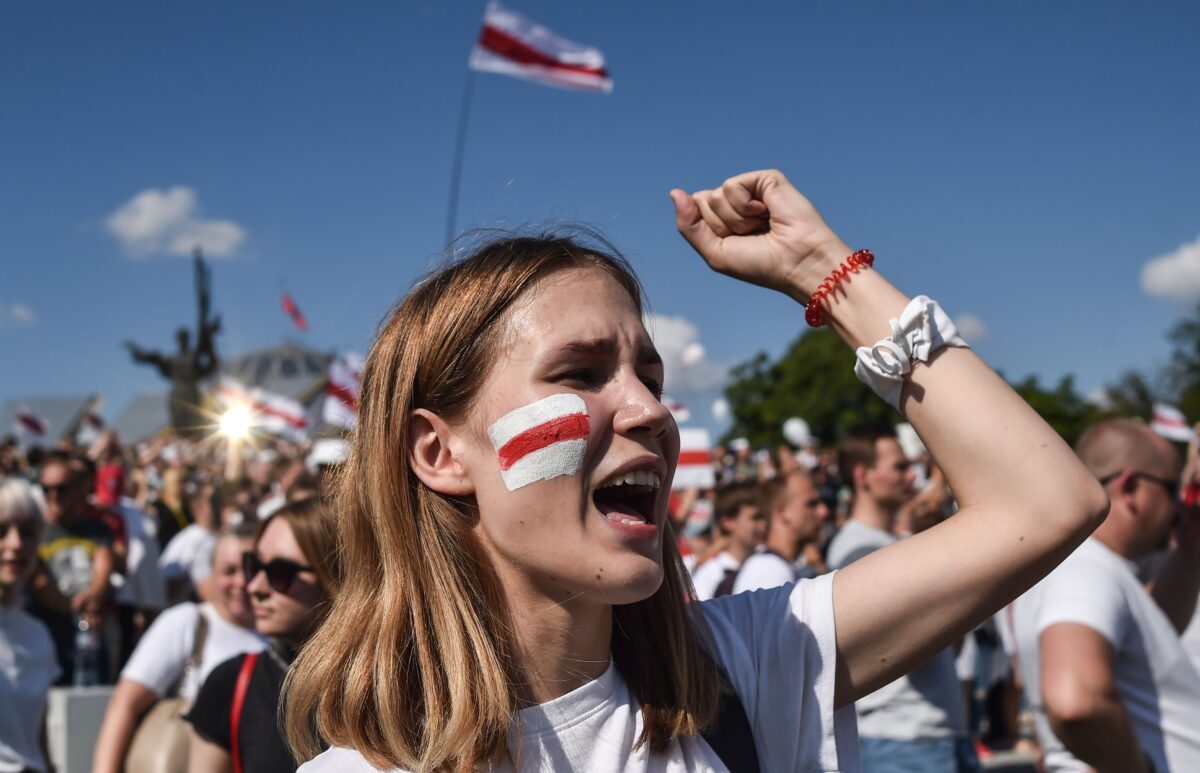EU Council President Charles Michel has called an emergency summit with other EU leaders to discuss the crisis in Belarus.
The summit, which will take place on Wednesday over video chat, comes in response to mass protests against disputed election results. While President Alexander Lukashenko was supposedly re-elected with 80 percent of the vote, widely held suspicions of foul play soon brought tens of thousands of Belarusians to the streets.
Violence against protesters by police, including the use of stun grenades and rubber bullets, prompted the EU to take action.
“Freedom of speech, freedom of assembly, basic human rights must be upheld,” Michel tweeted last Monday.
Wednesday’s summit follows a meeting on Friday in which EU foreign ministers agreed to draft sanctions against those responsible for election tampering and the subsequent violence. When the names are finalized, they will face asset freezes and travel bans into the EU.
The EU, however, now wants to expand sanctions to more members of Lukashenko’s regime. In a statement on Monday, EU High Representative Josep Borrell called for a “thorough and transparent investigation” in response to “shocking reports of inhumane conditions and treatment in places of detention.”
“The people of Belarus need to know that the EU stands by them firmly,” said European Commission President Ursula von der Leyen.
German government spokesman Steffen Seibert, meanwhile, suggested that the Organisation for Security and Cooperation in Europe (OSCE) could help review the election results. While the OSCE has observed elections in Belarus since 2001, it was conveniently not invited this time.
A disputed election, the aftermath of which has led to thousands of arrests, hundreds of injuries, and two deaths, was therefore expected. Lukashenko’s regime has been in power since 1994 and has been described as Europe’s last dictator. Its recent accusations of Russian election interference, furthermore, hardly suggest an empowered electorate.
That may, however, be changing. More than 100,000 protesters gathered in Minsk on Sunday for a “March for Freedom.” On Monday, a group of factory workers shouted “Leave!” until an enraged Lukashenko gave up trying to deliver a speech.
Main opposition leader Svetlana Tikhanovskaya is now positioning herself to take over should Lukashenko’s 26-year reign come to an end. Her claims that she won the election complement the rest of Europe’s refusal to recognize Lukashenko’s victory.
But with the regime now conducting military drills on its border with Lithuania, and with Russia pledging military support to the autocrat, any attempt to usurp power promises a tenacious response.


